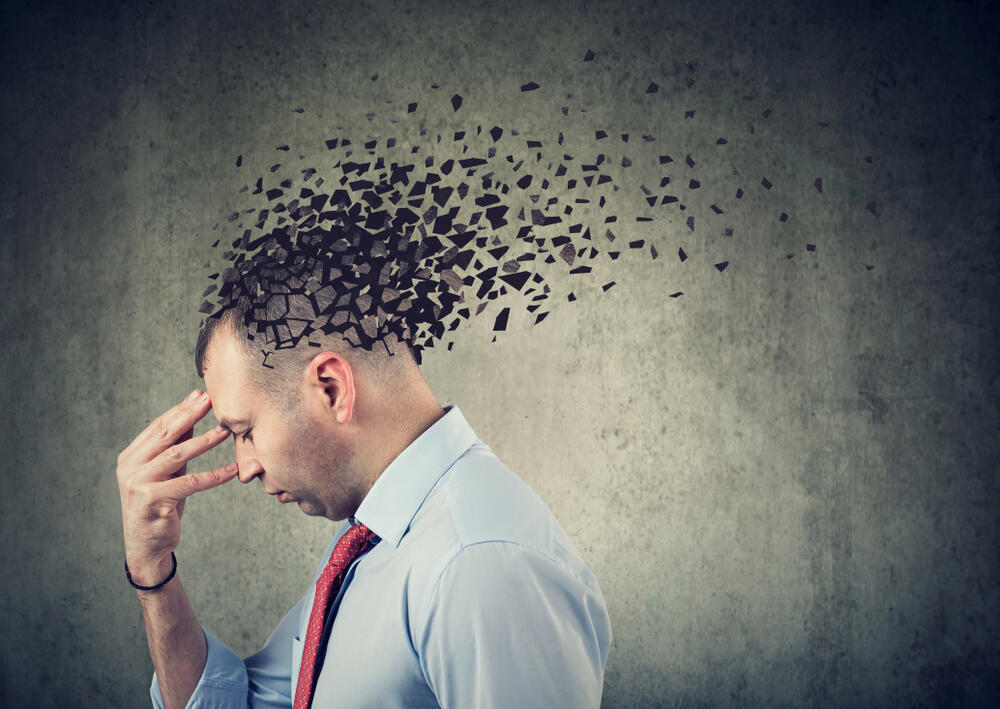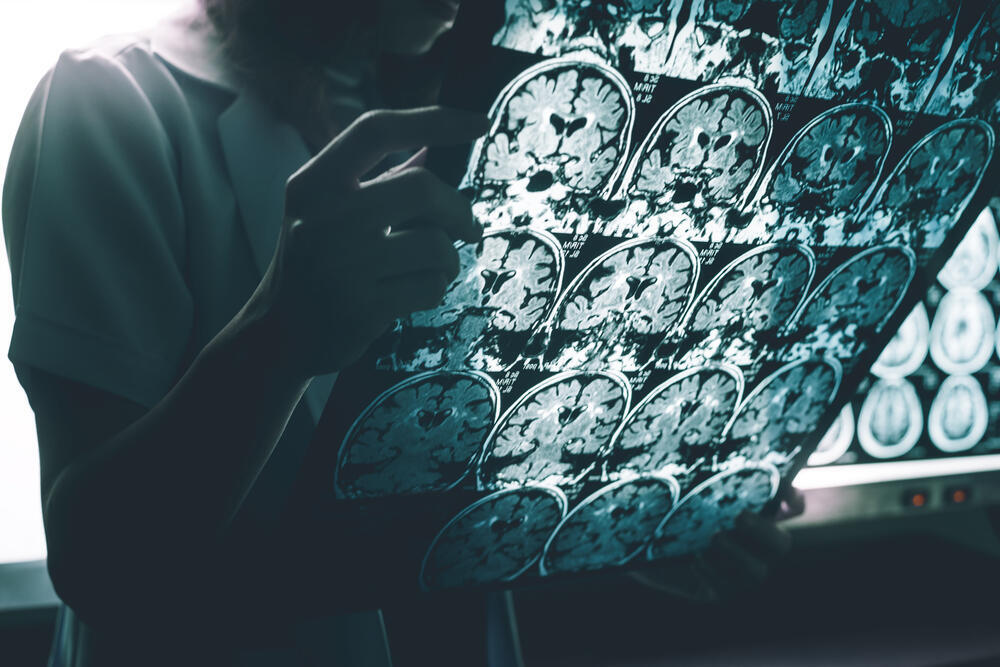New criteria for diagnosing and characterizing Alzheimer’s disease and determining its severity, recently announced, would not include biological markers in addition to clinical assessments, as is the case for diagnosing cancer, heart disease and diabetes.
2 View gallery


Diagnosis of Alzheimer’s disease can now be faster
(Photo: Shutterstock)
Prof. David Tanne, Immediate Past President of the Israeli Neurological Association and Director of the Stroke and Cognition Institute at Rambam Health Care Campus, explains: “The new international diagnostic guidelines represent a significant conceptual shift, with many implications. Until now, diagnosis has been based on cognitive decline and impairment in daily functions, but the new guidelines emphasize that diagnosis is based on the biological process.”
Professor Tanne explains: “It is now possible to diagnose individuals using biological markers and blood tests, which allows the disease process to be identified at much earlier stages. It is also possible to diagnose the disease before symptoms appear, i.e. when the person feels healthy.”
The revised criteria were published by the Alzheimer’s Association, an international organization dedicated to care, support and research into the disease, after many years of work in three separate working groups. The criteria now define the disease as a biological process that begins with changes in the brain, even before memory and thinking problems appear.
According to the Alzheimer’s Association, extensive research shows that the progression and expansion of changes in the brain lead to the subsequent onset of clinical symptoms, such as memory impairment, disorientation, planning or organizational problems, and mental confusion, which slowly and gradually worsen. However, the clinical symptoms commonly seen in patients with Alzheimer’s disease can also be caused by other conditions, so clinical diagnosis alone is not enough to accurately characterize Alzheimer’s disease.
2 View gallery


Early diagnosis is important
(Photo: shutterstock)
Professor David Tanne said: “This is the start of a two-pronged revolution: one diagnostic, early diagnosis based on the biological process, and the other therapeutic, advanced drugs that have been shown for the first time to slow the progression of the disease in its early stages.”
The novelty in the publication of the updated international guidelines for the diagnosis of the disease and the determination of its different stages lies in the combination of clinical diagnosis, which can sometimes be inaccurate, with the basis of the diagnosis on the biological process, using biological markers (biomarkers) in the cerebrospinal fluid (CSF) and precise blood tests.
“We are in an exciting, dynamic and changing time in the diagnosis and treatment of Alzheimer’s disease,” says Professor Tanne. “I would characterize it as the beginning of a two-pronged revolution: the first diagnostic prong, early diagnosis based on the biological process using biomarkers, including precise blood tests. The second therapeutic prong, advanced drugs that have been shown for the first time to slow the progression of the disease in its early stages.”
He adds: “The issue of diagnosis is linked to the second important revolution, that of treatment. There are currently new advanced drug treatments for Alzheimer’s disease, suitable only for patients at a very early stage of the disease and when their diagnosis is biological. These treatments are still not included in the Israeli health basket, but they are already available in the country.”
Regarding the importance of biological diagnosis in addition to clinical diagnosis, he explains that it is important to diagnose the disease at an early stage. Therefore, when the symptoms that the person or their family notice appear, an evaluation by a specialist should be requested. After the evaluation, it is possible to verify and diagnose based on biological markers whether it is Alzheimer’s disease and whether the patient is suitable for receiving the new drug treatments.
 Prof. David TannePhoto: Rambam Health Care Campus
Prof. David TannePhoto: Rambam Health Care CampusProfessor Tanne mentioned that at this stage, the diagnosis of the biological process will be carried out in parallel with the clinical diagnosis in people who have developed symptoms. However, he noted that “it is also possible to test people defined as at risk and who have not developed symptoms, such as those who have a parent or close relative with Alzheimer’s disease and who are therefore at increased risk”. However, he specified that not all of these people will necessarily receive drug treatment at the stage they are at.
“Diagnosis of the biological process complements the medical clinical assessment,” he said. “The professional basis is very important and, if necessary, the patient will be referred for marker tests that can be checked in the cerebrospinal fluid and also in blood tests.” Professor Tanne stressed, in conclusion, that “we must always remember that there is a lot to do to maintain brain health. Each of us, at any age, should remember this and do a lot to maintain healthy cerebral vessels and a healthy brain. Just as we maintain a healthy heart, we must maintain a healthy brain.”
Professor Joab Chapman, Professor of Neurology and Neurosurgery, added that “the importance of publishing the new global diagnostic criteria for Alzheimer’s disease cannot be overstated. A bridge has effectively been built between groundbreaking scientific research into the diagnosis of the disease and innovative clinical treatment.” He said: “We have virtually moved from describing the general features of memory impairment, spatial orientation and other cognitive symptoms to understanding the disease in greater depth and mapping its causes.”
“This process will certainly lead to better patient care,” Professor Chapman said. “In many research laboratories around the world, including in Israel, the greatest researchers are working to solve the disease and find drugs to reverse it. This is an exciting time for us as neurologists. Brain medicine is evolving rapidly before our eyes.”